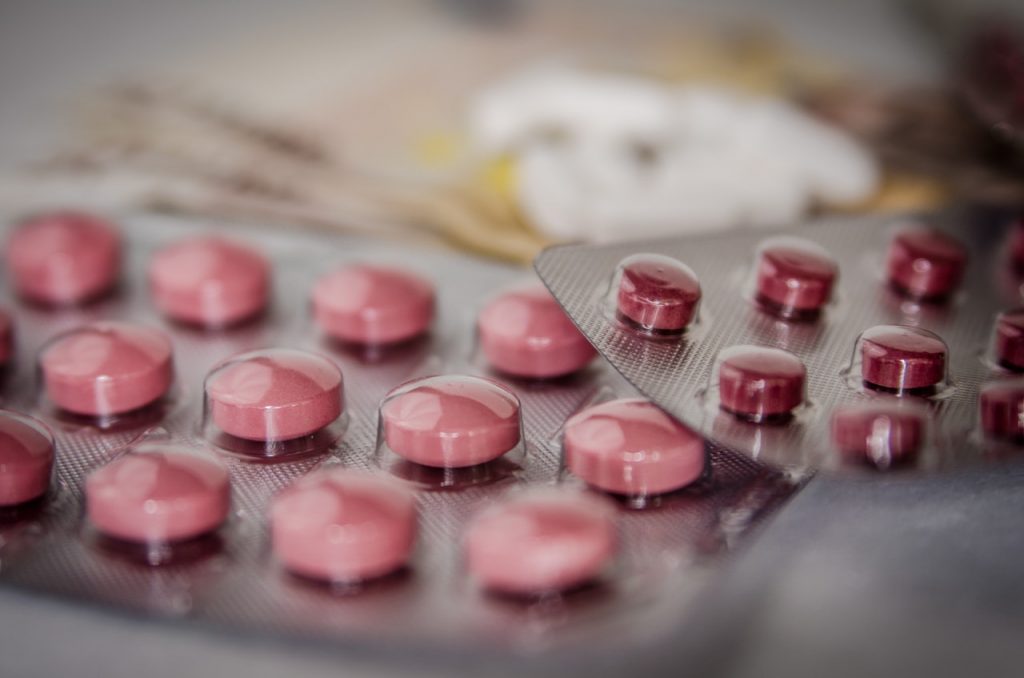When children ingest medication meant for adults, they should immediately be rushed to the nearest hospital, said Health Ministry pharmaceutical division senior director Dr Ramli Zainal.
This comes after a case where a two-year-old girl took some pills that were kept inside her mother’s handbag.
Khairul Anuar, 47, and his wife Noraini Mazlan, 42, had just returned home from work. On the way to the bathroom, he saw his daughter putting tablets into her mouth. He panicked after he realised she had swallowed some tablets and quicked rushed her to a clinic.
Fortunately, nothing serious happened to his daughter, and from that day onward, all the pills and medicine are kept out of reach in a cupboard. However, others are not so lucky.
In 2016, a four-year-old from Negeri Sembilan died after swallowing some blood pressure medication belonging to his grandmother. And this is just one of many tragic cases of children ingesting medicine intended for adults.
Excessive Doses a Danger to Children
Generally, consuming vitamins in excessive doses may lead to nausea, vomiting, and dizziness. Iron tablets taken in higher doses can lead to stomach-ache, diarrhoea, and even bloody stool and liver damage for more serious cases, he said.
Dr Ramli stressed that supplements and medications should be kept out of reach of children at all times. However, the pharmaceutical division’s community empowerment activities reveal that most people did not place much emphasis on keeping their medication in a safe place. Such disregard for safety would expose their children to danger.
The reason for this assertion is from the division’s Community Care Ambassador programme in 2016. During the programme, pharmacists would team up with volunteers and ambassadors to visit the homes of patients to educate them of safe medication practices.
Despite the fact that medicine packages are labelled with a “Keep Away from Children” warning, some people ignored it and kept the medicine on the dining table or in places easily accessible to children.
Medicine often comes in various shapes or colours which can easily attract children’s attention and curiosity. This is why it is important to keep medication away from children, said Dr Ramli.
The Importance of Proper Storage Conditions
In fact, most people are not aware that improper storage of medication will affect the efficacy of the medicine or even damage it. For example, some medicines have to be kept at room temperature in a cool, dry place.
Dr Ramli advised the public to simply follow the instructions given on the label. Many people tend to think that medicine is hardy and long-lasting, and prefer storing their medication in all sorts of places such as the refrigerator, kitchen, bathroom cabinet, and even in the car.
Tablets and pills should not be refrigerated as they could become damp and easily crumble, which would compromise their quality. In fact, only medicines that have to be stored between 2°C and 8°C must be kept in the refrigerator.
Some patients tend to keep their inhalers or heart medication in the car for easy accessibility. However, contrary to such habits, it is actually not advisable to do so as the medications could be damaged by the heat when the vehicle is parked outdoors.
For more information about parenting and family, please visit Motherhood Story.
